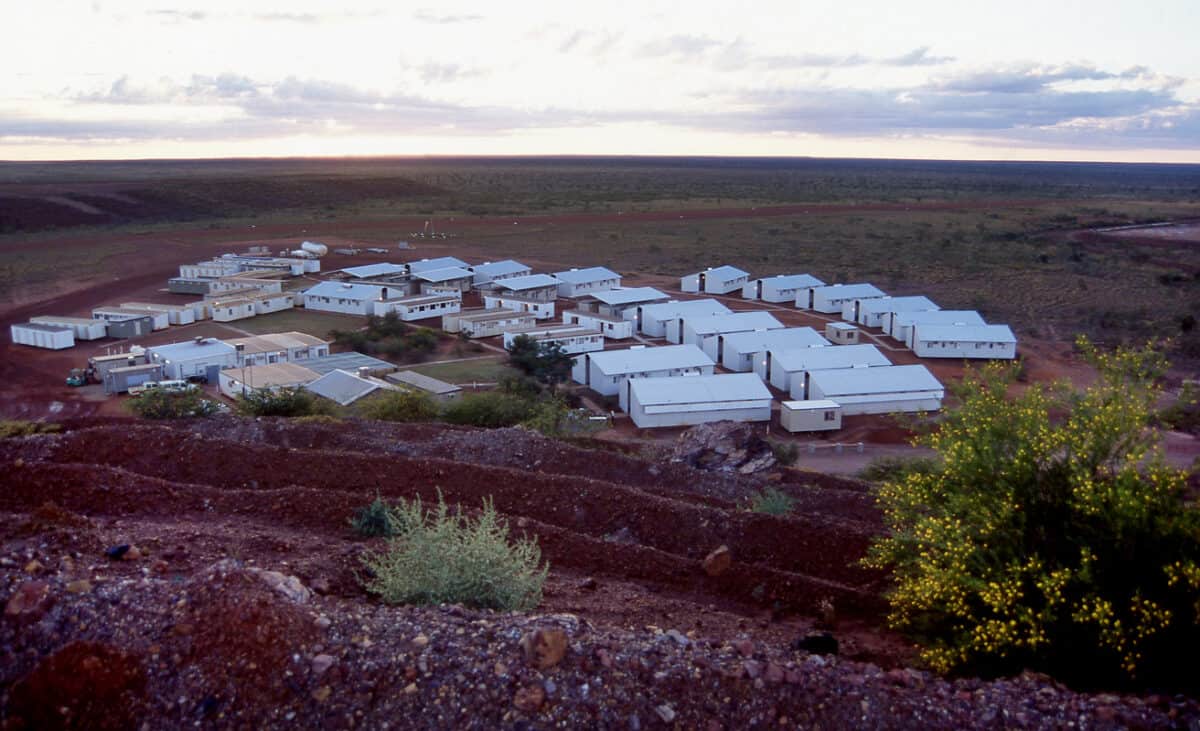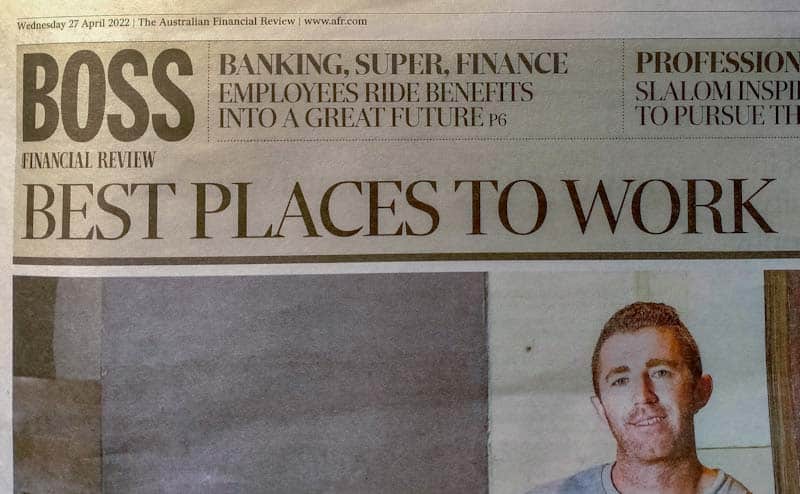Insecure work creates stress for workers and their families yet companies continue to choose insecure work contracts for this type of work. They must take some responsibility for the physical and mental health consequences.
Insecure work is not going away, but it should
Insecure work creates stress for workers and their families yet companies continue to choose insecure work contracts for this type of work. They must take some responsibility for the physical and mental health consequences.






